When King Charles III is crowned on May 6, flag-bearing soldiers from the Bahamas, South Africa, Tuvalu and beyond will march alongside British servicemen in a grand military parade to honor the monarch.
For some, the scene will affirm the ties between the United Kingdom and its former colonies. But for many others in the Commonwealth, a group of nations largely made up of places once claimed by the British Empire, King Charles' coronation simply doesn't matter.
In those countries, the first coronation of a British monarch in 70 years is an occasion to reflect on a bloody past of colonialism and oppression. The extravagant displays in London will stand in particularly stark contrast to growing calls in the Caribbean to sever all ties with the monarchy.
The Commonwealth is a group of 56 member states, most of which are former British colonies, mainly in Africa, Asia, the Americas, and the Pacific . Three European countries are part of the Commonwealth: Cyprus, Malta, and of course the United Kingdom itself.
Over time, 36 countries became Republics, including India, Pakistan, Bangladesh and Sri Lanka. The remaining five – Brunei Darussalam, Lesotho, Malaysia, Eswatini (formerly Swaziland) and Tonga – had their own monarchs.
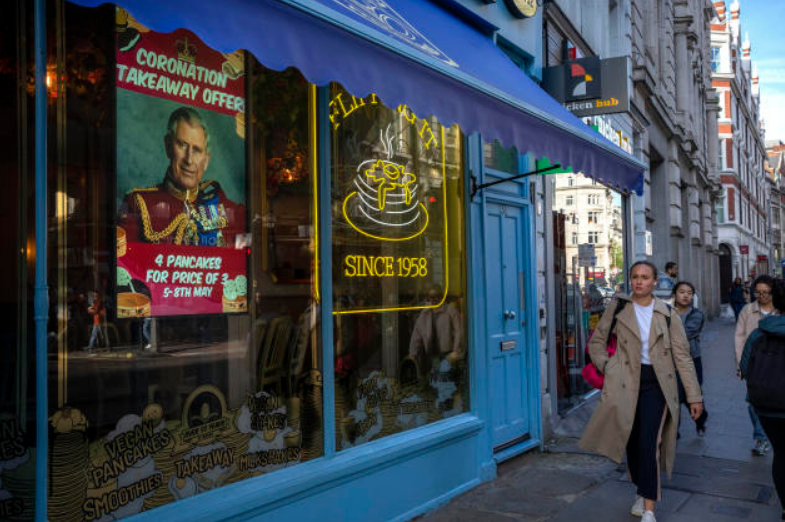
A restaurant decorated with a portrait of King Charles III in central London, May 3, 2023. Photo: Le Monde
As Sovereign of England, King Charles is also Head of State of 14 other Commonwealth realms – known as the “Commonwealth realms”, although this role is largely ceremonial.
The remaining 14 Commonwealth Realms include Australia, Canada, New Zealand, Antigua and Barbuda, Bahamas, Belize, Grenada, Jamaica, Papua New Guinea, Saint Kitts and Nevis, Saint Lucia, Saint Vincent and the Grenadines, Solomon Islands and Tuvalu.
Barbados is the most recent Commonwealth Realm to break away from the British monarchy, electing a President in 2021, replacing Queen Elizabeth II as Head of State.
The move has spurred similar Republican movements in neighboring Caribbean countries, including Jamaica, the Bahamas and Belize.
Separatist trend
During the British royal family's tour of the Caribbean last March, Jamaican Prime Minister Andrew Holness suggested to Prince William and Duchess Kate that his country was "moving forward" and intended to "realize our true ambition and destiny as an independent, developed and prosperous nation."
Prince William, now first in line to the throne, also told crowds during a stop in the Bahamas that the royal family would support any decision the island nation made to abandon the monarchy.
Rosalea Hamilton, an advocate for changing the Jamaican constitution to abolish the monarchy, said she will hold a forum on the day of King Charles' coronation to engage more Jamaicans in the political reform process.
According to Ms. Hamilton, the forum was held on an important royal holiday to highlight the message of separation rather than focusing on the King's coronation.
Two days before King Charles's coronation, campaigners from 12 Commonwealth countries wrote to the monarch calling on him to apologise for the legacy of British colonialism.
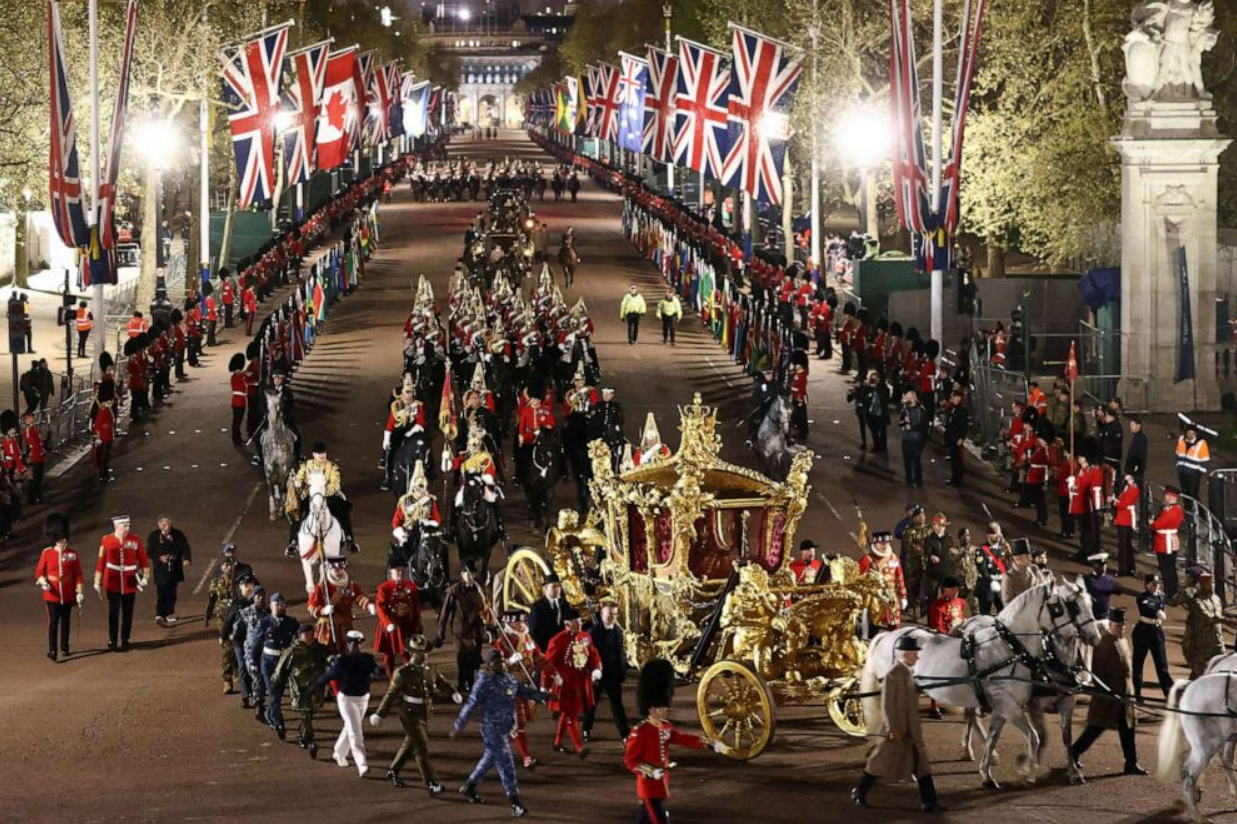
A view of the rehearsal on May 3, 2023, in preparation for King Charles' coronation. Photo: ABC News
Among the signatories was Lidia Thorpe, an Australian senator. Ms Thorpe said on 4 May that King Charles should “begin a process of repairing the damage of colonisation, including returning the wealth stolen from our people”.
Belize Prime Minister Johnny Briceno, in an interview with British newspaper The Guardian on May 4, said his country is “very likely” to be the next country to leave the Commonwealth and become a Republic.
Mr. Briceno did not specify whether he would draft a bill to make Belize a Republic, but the proposal would first need the approval of the Belizean Parliament before being put to a referendum.
Australian Prime Minister Anthony Albanese, who will attend the coronation and swear allegiance to the King, supports the country abandoning the monarchy, although he has ruled out holding a referendum on the issue during his current three-year term.
“I want to see an Australian as Australia's Head of State,” Mr Albanese told Australia's ABC news agency.
Faint mark
Buckingham Palace said last month that King Charles supported research into the historical links between the British monarchy and the transatlantic slave trade. The king takes the issue “very seriously” and scholars will be given access to the royal collection and archives, Buckingham Palace said.
In India, once the crown jewel of the British Empire, the British Royal Coronation has received little media attention and little interest. Some people living in the country's vast, remote countryside may not have even heard of King Charles III.
“India has moved on, and most Indians have no emotional connection to the British royal family,” said Pavan K. Varma, a former diplomat. Instead, the royals are seen as more like fun-loving celebrities, he said.
And while the South Asian nation still values its economic and cultural ties with the UK in Europe, Mr Varma points out that India's economy has surpassed the UK's.
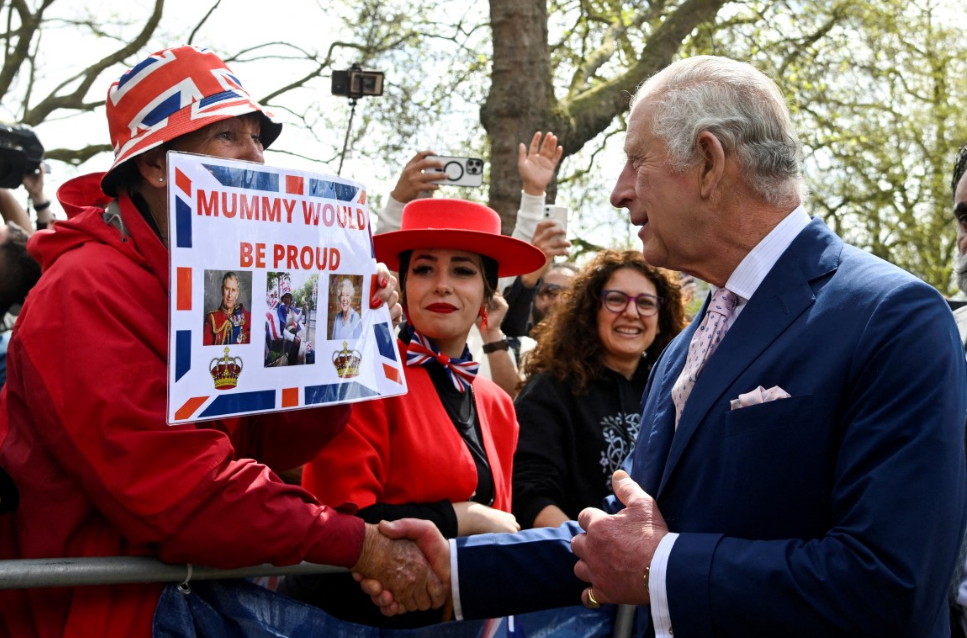
King Charles meets well-wishers as he walks along The Mall outside Buckingham Palace, May 5, 2023. Photo: ODT
“Britain has shrunk globally into a middle power,” he said, arguing that the notion that people in a former colony should be glued to their TV screens to watch King Charles’s coronation – should be abandoned.
“I don't think this is happening in India,” he said.
Since gaining independence in 1947, India has gradually shed its vestiges of British imperialism. The statue of King George V that once stood near India Gate in New Delhi was moved to Coronation Park in the 1960s. Once the site of celebrations honoring Queen Victoria, King Edward VII and George V, the park now houses artifacts related to former kings and officials of the British Raj in India.
Indian Prime Minister Narendra Modi has led a new push to reclaim India’s past and remove “symbols of slavery” from the country’s time under British rule. Modi’s government has removed colonial-era street names, some laws and even the flag.
Economic aspects
Despite its flaws, historical baggage and frayed edges, the Commonwealth still has appeal, especially for poorer nations, experts say.
Last year, Gabon and Togo – former French colonies with no colonial links to Britain – became the bloc's newest members.
Togolese Foreign Minister Robert Dussey said membership opened the door for his country to reach 2.5 billion consumers in the Commonwealth, providing new educational opportunities and tapping into the “craze” for learning English among many Togolese.
“Togo's membership was motivated by a desire to expand its diplomatic, political and economic network... as well as to move closer to the English-speaking world,” Dussey told AFP.
It also allows the small, developing country of 8.5 million people to redefine its bilateral relationship with the UK outside the European Union post-Brexit, the minister added.
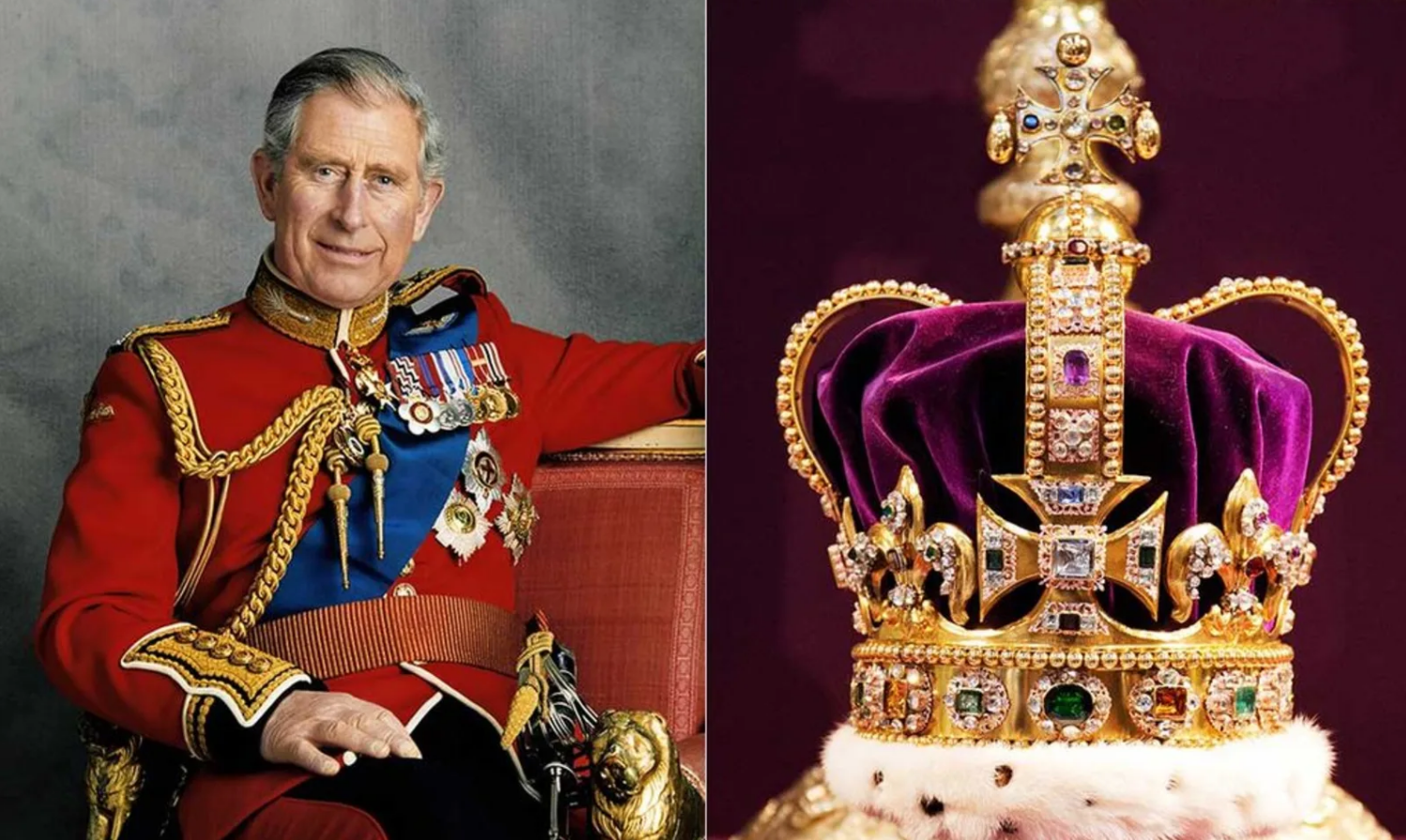
Countries, whether they benefit or not, feel the need to be close to Britain as an economic entity. Photo: Hello Magazine
In the case of countries like Jamaica – despite wanting an elected Head of State to replace the British Monarch – most observers believe that such countries will still maintain their Commonwealth membership.
“Countries, whether they benefit or not, feel the need to be close to the UK as an economic entity,” said Kehinde Andrews, professor at Birmingham City University.
“There will still be some disagreement – because King Charles is not as popular as his mother, Queen Elizabeth, but ultimately it is all about economics . ”
Minh Duc (According to AP, Reuters, France24)
Source




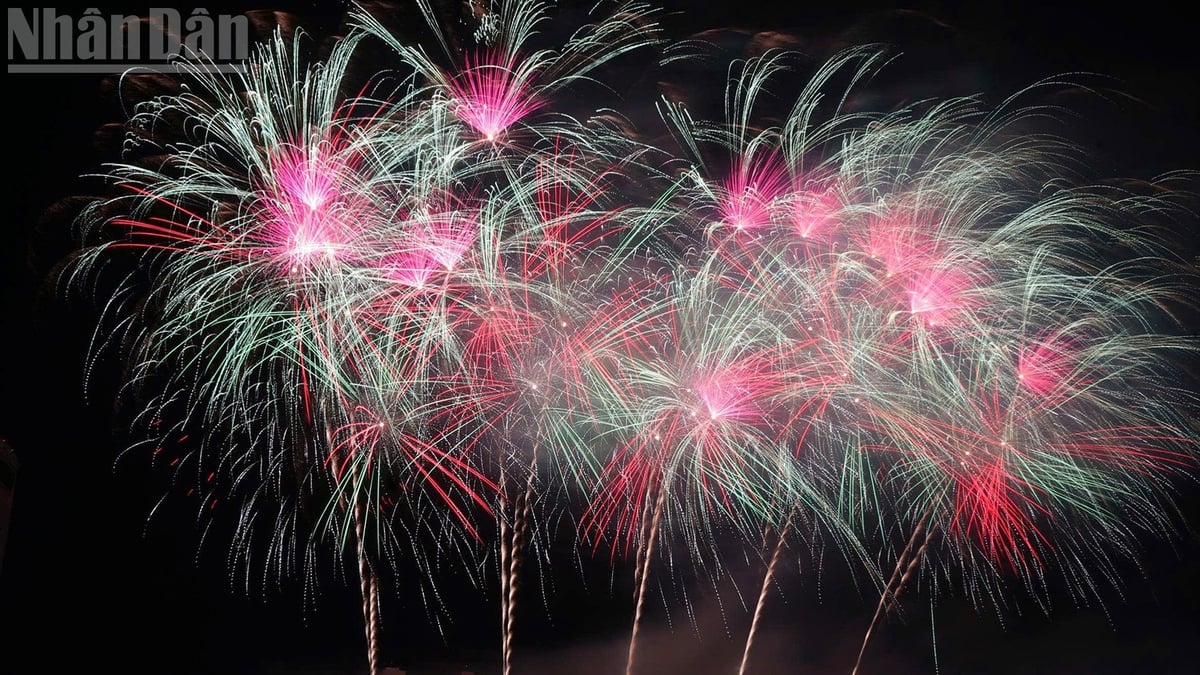



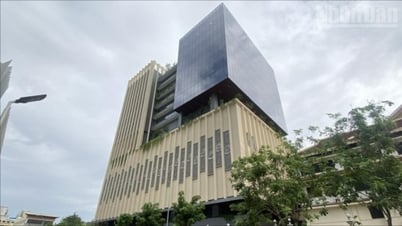


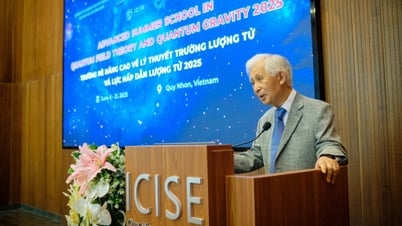








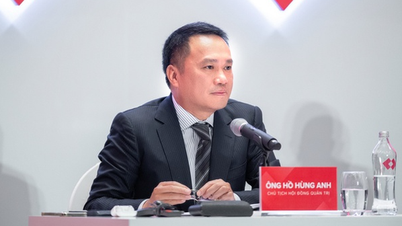




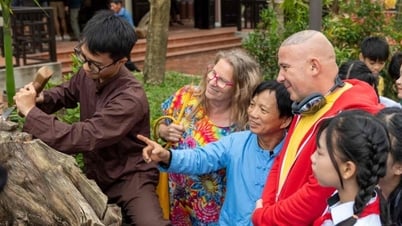




















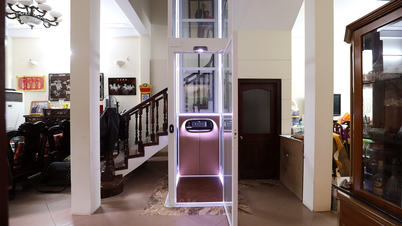









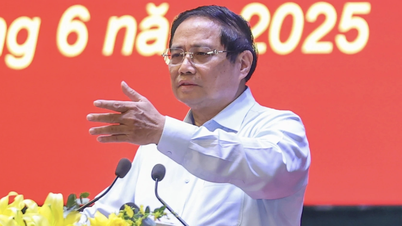

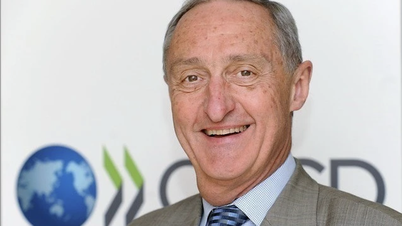

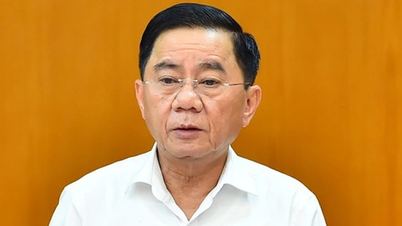




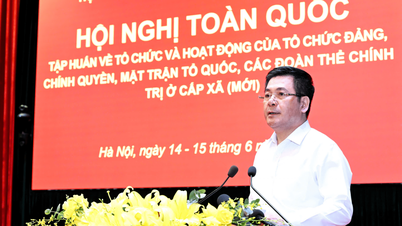


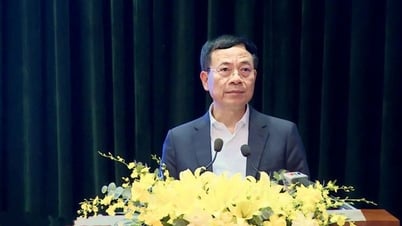



























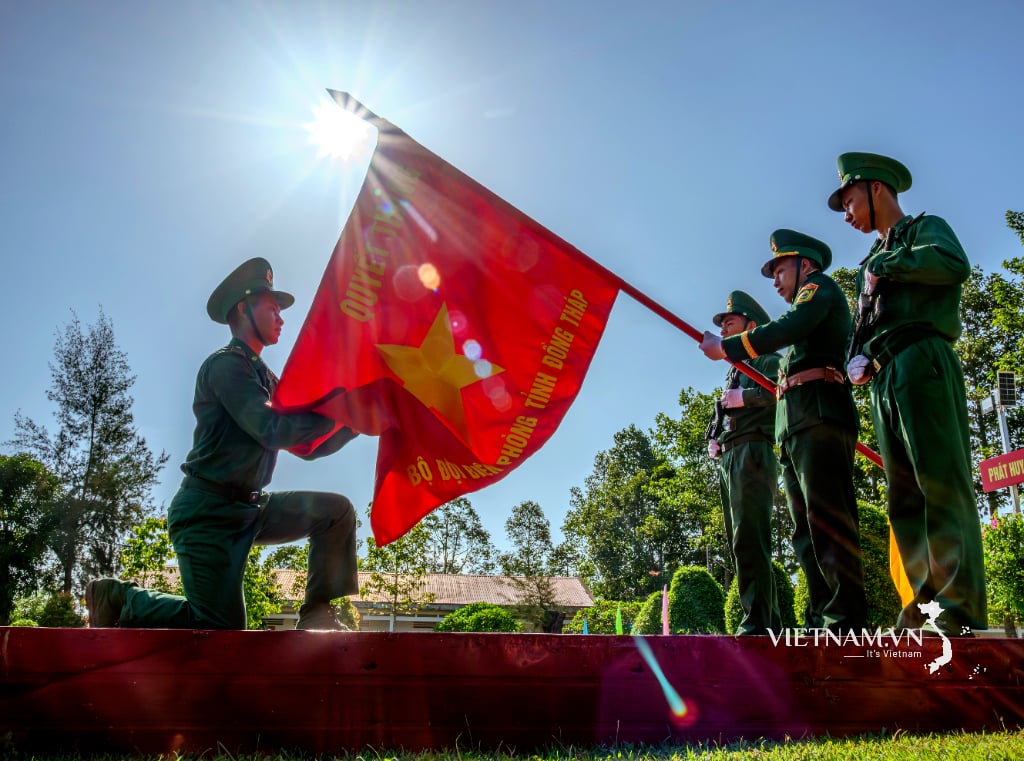
Comment (0)